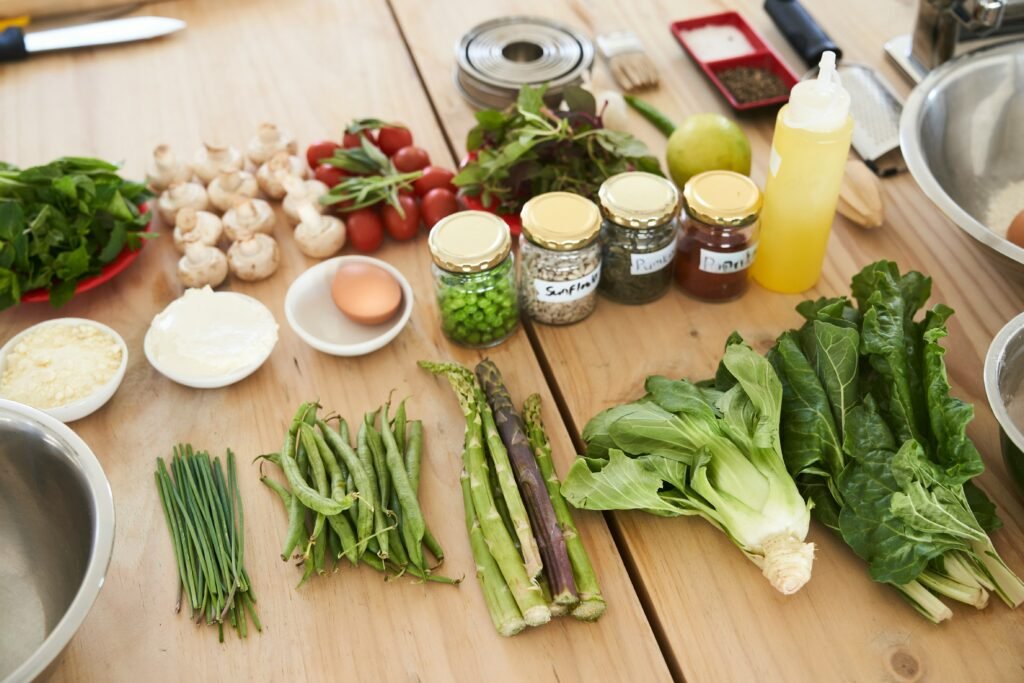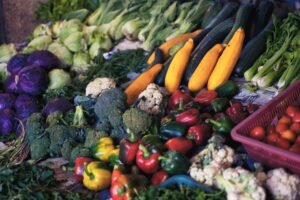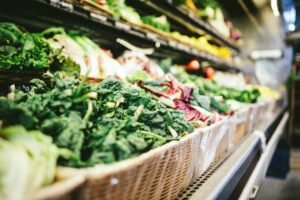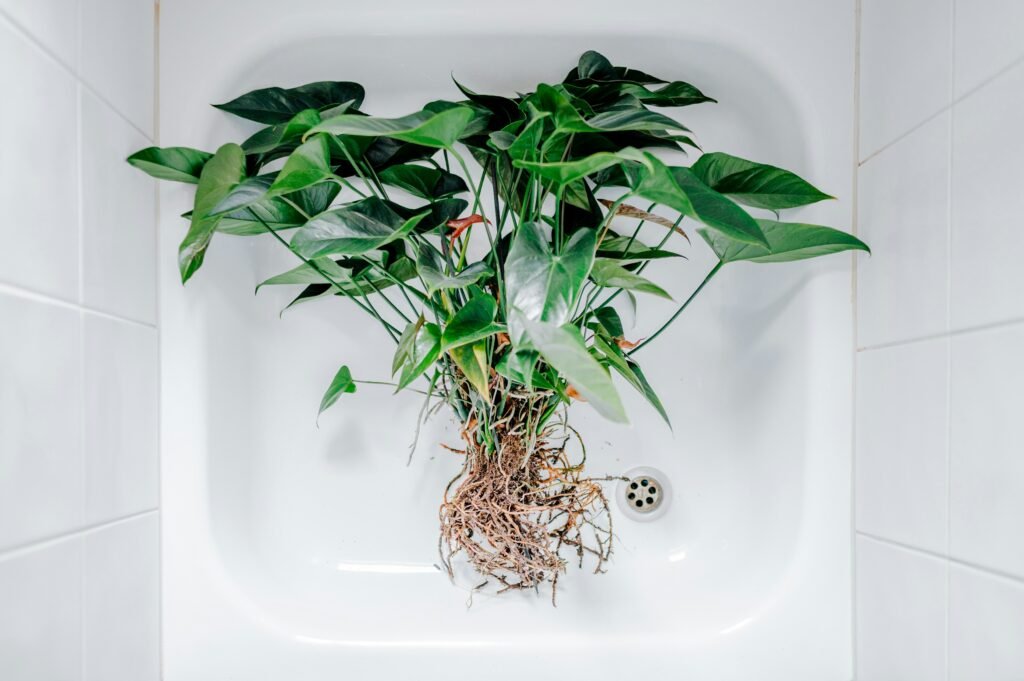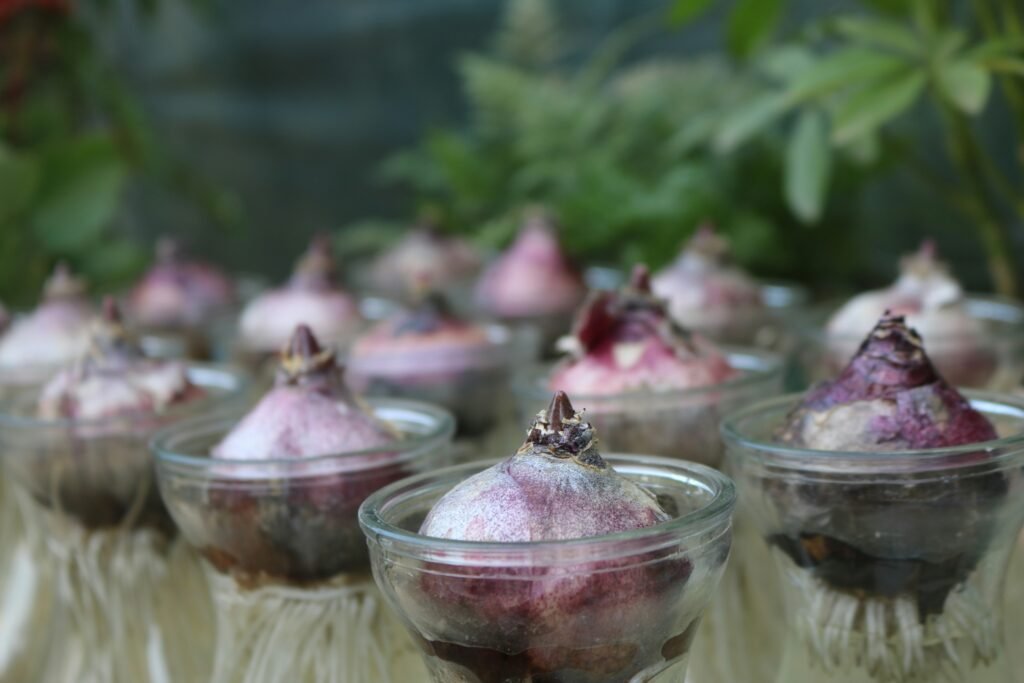Hydroponic gardening is gaining widespread attention for its efficient use of resources and the ability to grow crops year-round. But when it comes to what we put on our plates, a common question arises: Are hydroponic vegetables safe to eat? With growing health concerns and increasing interest in food safety, it’s natural to wonder if these soil-less grown veggies offer the same level of safety and nutrition as their soil-grown counterparts. Let’s take a closer look at the safety, benefits, and potential concerns of consuming hydroponic vegetables.
Understanding Hydroponics and Its Growing Process
Before diving into the safety of hydroponic vegetables, it’s essential to understand how they are grown. Hydroponics is a method of growing plants in water, without soil, where the roots are directly exposed to a nutrient-rich solution. The plants receive all the necessary nutrients for growth from this solution, and oxygen is provided through the water or an air pump.
Because the system is highly controlled, many external factors such as pests, weeds, and soil-borne diseases are minimized. Hydroponics can be used to grow a wide variety of vegetables, including lettuce, spinach, tomatoes, cucumbers, and herbs.
Are Hydroponic Vegetables Healthier Than Soil-Grown Vegetables?
Hydroponically grown vegetables can be just as nutritious, if not more, than those grown in soil. Several studies have shown that hydroponically cultivated vegetables often contain similar or even higher levels of certain vitamins and minerals, thanks to the precise control over nutrient delivery.
For example, leafy greens like lettuce and spinach grown hydroponically can have higher concentrations of vitamin C and certain antioxidants compared to soil-grown varieties. However, nutritional content can vary depending on the specific crop, nutrient solution, and growing conditions.
Key Nutritional Benefits of Hydroponic Vegetables:
- Controlled Nutrient Delivery: In hydroponics, the grower can ensure that plants receive an optimal balance of nutrients, which can lead to more consistent and sometimes enhanced nutritional profiles.
- Faster Growth Rates: Hydroponically grown plants often grow faster than those grown in soil due to the direct access to nutrients and oxygen, which means fresher, more nutritious vegetables may reach your table quicker.
- Fewer Pesticides: Since hydroponic systems are often grown indoors or in controlled environments, they require fewer pesticides compared to traditional farming, reducing your exposure to potentially harmful chemicals.
Are There Any Safety Concerns With Hydroponic Vegetables?
In general, hydroponic vegetables are considered safe to eat, and there are few significant safety concerns associated with their consumption. The controlled environment of hydroponic systems often leads to a cleaner growing process, as they are less exposed to environmental contaminants such as heavy metals, harmful bacteria, and pesticide residues found in soil.
However, there are a few considerations to keep in mind:
- Nutrient Solutions: The nutrient solutions used in hydroponic systems typically consist of a mix of water and minerals such as nitrogen, potassium, and phosphorus. These solutions are safe for plants and consumers when properly balanced. However, it’s important that hydroponic growers use high-quality nutrients and follow correct procedures to avoid imbalances that could negatively affect plant growth and nutrient content.
- Water Quality: Clean, uncontaminated water is essential for safe hydroponic growing. The use of untreated or contaminated water could potentially introduce harmful pathogens or pollutants into the system, which could affect the safety of the crops. However, most hydroponic systems are set up with proper filtration and water management to ensure this risk is minimized.
- Sanitation Practices: As with any form of agriculture, the safety of hydroponic vegetables depends on the grower’s practices. Ensuring that the hydroponic setup is regularly cleaned and maintained is critical to preventing the growth of algae, mold, or bacteria that could pose a risk to both plants and consumers.
Comparing Hydroponic and Soil-Grown Vegetables: Which is Safer?
Both hydroponic and soil-grown vegetables can be safe to eat, but they face different risks during the growing process. Soil-grown vegetables are more susceptible to soil-borne contaminants such as E. coli, Salmonella, or pesticides used in large-scale farming. Organic soil farming attempts to minimize these risks by avoiding synthetic chemicals, but contamination can still occur from the environment or irrigation water.
On the other hand, hydroponic systems are often more controlled. They are typically set up indoors or in greenhouses where contamination risks from soil and wildlife are significantly reduced. This can make hydroponic vegetables safer in terms of exposure to harmful bacteria and pesticides.
Advantages of Hydroponic Vegetables Over Soil-Grown Varieties
While both hydroponic and soil-grown vegetables have their benefits, hydroponically grown produce offers a few distinct advantages when it comes to safety and quality control:
- Cleaner Growing Environment: Because hydroponic systems don’t use soil, they avoid issues like soil-borne diseases, pests, and contaminants. The controlled environment reduces the need for chemical pesticides and fertilizers, making the produce cleaner and often safer to eat.
- Consistent Quality: Since the nutrient delivery is carefully managed in hydroponic systems, plants tend to grow uniformly, resulting in consistent quality in terms of taste, texture, and appearance.
- Reduced Risk of Contamination: Hydroponic vegetables grown in a controlled indoor environment have less risk of contamination from external pollutants, such as heavy metals or pesticide drift, making them safer for consumption in areas with compromised soil or air quality.
Is Organic Certification Available for Hydroponic Vegetables?
A common misconception is that hydroponically grown vegetables cannot be labeled as organic. However, in many countries, including the United States, hydroponic produce can be certified organic if the growing process adheres to specific organic farming principles. This means that hydroponic farmers must use organic-approved nutrient solutions, avoid synthetic pesticides and herbicides, and follow sustainable growing practices to receive organic certification.
This certification is important for consumers looking for organic produce, as it ensures that hydroponic vegetables meet the same safety and sustainability standards as traditionally grown organic crops.
Common Types of Hydroponic Vegetables and Their Safety
Many of the vegetables grown hydroponically are commonly consumed and highly nutritious. Here’s a look at some of the most popular hydroponic vegetables and their safety:
- Leafy Greens (Lettuce, Spinach, Kale): These are among the most popular hydroponic crops due to their fast growth and high demand. Hydroponically grown leafy greens are generally safe, clean, and pesticide-free, making them an excellent choice for salads and fresh consumption.
- Tomatoes: Hydroponically grown tomatoes can be just as juicy and flavorful as soil-grown varieties. Since tomatoes are often grown in greenhouses or controlled environments, they are less likely to encounter pests and diseases, resulting in cleaner, safer produce.
- Herbs (Basil, Mint, Cilantro): Fresh herbs grown in hydroponic systems are often more fragrant and flavorful than their soil-grown counterparts. The controlled growing environment ensures a consistent, clean product free from contaminants.
- Cucumbers: Like tomatoes, cucumbers thrive in hydroponic systems, producing cleaner, healthier fruit. The lack of soil contamination ensures that hydroponically grown cucumbers are safe to eat.
Are Hydroponic Vegetables More Sustainable?
Beyond safety, many consumers are also concerned about the environmental impact of their food. Hydroponic systems are often more sustainable than traditional agriculture for several reasons:
- Water Efficiency: Hydroponics uses significantly less water than soil-based agriculture because the water is recirculated in closed systems. This makes it an excellent option for regions with water scarcity.
- Reduced Land Use: Since hydroponic farms can be set up in small spaces and even vertically, they reduce the need for large plots of farmland, helping to preserve natural ecosystems.
- Fewer Chemicals: With fewer pests and diseases in controlled environments, hydroponic systems require fewer chemical inputs, such as pesticides and herbicides, making them a cleaner, safer choice for consumers and the planet.
FAQs
Are hydroponic vegetables free of pesticides?
Hydroponic vegetables generally require fewer pesticides due to the controlled growing environment. Many hydroponic systems use integrated pest management (IPM) techniques to minimize the use of chemicals.
Can hydroponic vegetables be labeled as organic?
Yes, hydroponic vegetables can be certified organic if they follow organic farming practices, including using organic-approved nutrients and avoiding synthetic chemicals.
Are there any risks of contamination in hydroponic systems?
While the risk of contamination is lower in hydroponic systems, poor water quality or improper sanitation practices can introduce harmful pathogens. However, with proper maintenance, these risks are minimized.
Do hydroponic vegetables have the same nutrients as soil-grown vegetables?
Hydroponically grown vegetables can have equal or even higher levels of nutrients compared to soil-grown vegetables, thanks to the precise control over the nutrient solution.
Is hydroponic food safe for children and pregnant women?
Yes, hydroponic vegetables are safe for consumption by children, pregnant women, and people with compromised immune systems, as they are grown in controlled environments with minimal exposure to contaminants.
Are there environmental benefits to hydroponic farming?
Yes, hydroponic farming uses less water, reduces the need for pesticides, and can be done in smaller spaces, making it more sustainable than traditional soil-based farming.
Conclusion
Hydroponic vegetables are not only safe to eat but often offer several advantages over traditional soil-grown produce. Their clean growing environment, reduced exposure to contaminants, and efficient use of resources make them a smart and sustainable choice for health-conscious consumers. With proper care and maintenance, hydroponic systems can produce fresh, nutritious, and safe vegetables that you can confidently serve to your family.
